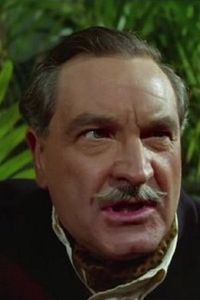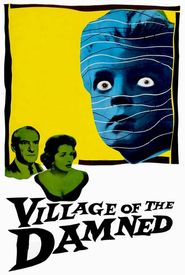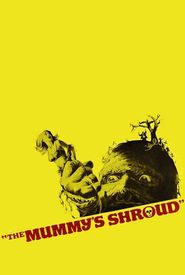John Phillips, a towering figure in the world of character acting, brought an aura of authority and dignified military bearing to his numerous roles on stage and screen. A decorated veteran of the 1944 Normandy Campaign, Phillips had a long and illustrious career, frequently appearing on television as uniformed senior officers and police chief constables, in shows such as Frontier (1968) and Z Cars (1962). His piercing eyes and forthright manner made him equally adept at portraying magistrates, academics, and clergymen.
Before the war, Phillips had a long stint with the Birmingham Repertory, where he honed his craft and developed a versatility that would serve him well in his later years. Following the war, he appeared in productions in Bristol and at the Old Vic in London, taking on a wide range of roles, from Henrik Ibsen to Shakespeare. His performances were met with critical acclaim, with standout roles as Henry VIII and Timon of Athens, Prospero and Tamburlaine the Great (in Christopher Marlowe's play).
Phillips also had a successful career on screen, appearing in a range of films and television shows from the early 1950s. He was particularly notable in his roles as lawyer Tulkinghorn in Bleak House (1959),and lent gravity to his performances as Norfolk in Richard III (1955) and Grand Duke Nicholas in Fall of Eagles (1974). However, he was not above parodying his screen personae, and brought a droll and stereotypically stiff-upper-lip sense of humor to his portrayal of Colonel Harcourt Badger Owen in the Ripping Yarns (1976) episode 'Escape from Stalag Luft 112 B'.
Phillips eventually retired from the stage in the 1980s, and made his final appearance on film in the eccentric and off-beat comedy Leon the Pig Farmer (1992). Throughout his long and distinguished career, Phillips brought a sense of gravitas and authority to his performances, and left a lasting legacy in the world of acting.



















































